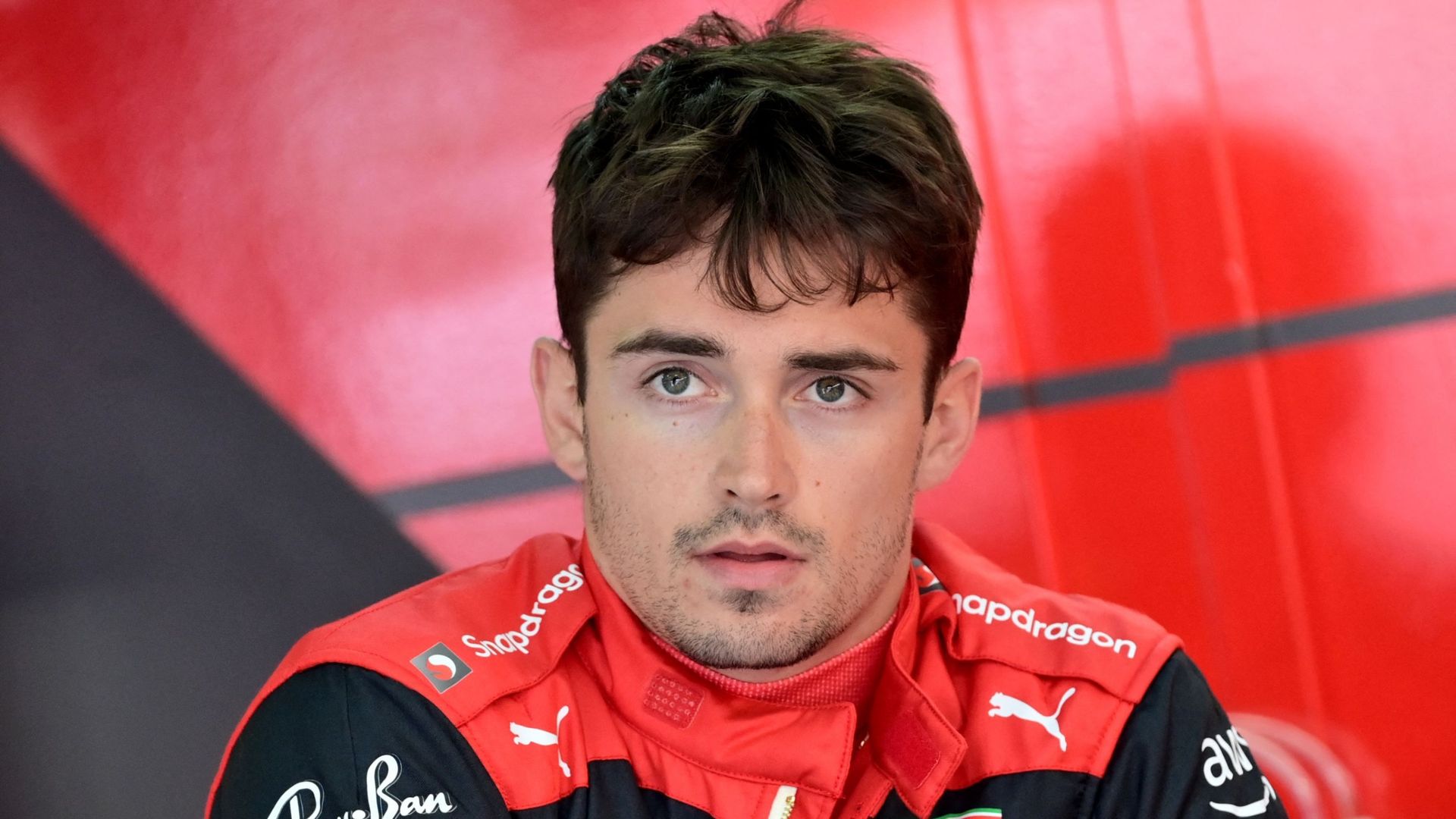First modification:
–
Paris (AFP) – If vaccine manufacturers are working to tackle new variants of covid-19, scientists are looking further afield and seeking a universal coronavirus vaccine capable of attacking future strains and preventing another pandemic.
Since the race for the first anti-covid vaccine promoted a new generation of immunizers, many works have tried to find an injection that serves to protect against all coronaviruses.
Drew Weissman of the University of Pennsylvania, one of the pioneers of the messenger RNA technology used in the Pfizer vaccine, is leading one such project.
In his opinion, the adaptation of existing vaccines to all known variants – Pfizer announced a plan in this regard a few weeks ago – has a limit: “New variants will appear every three or six months.”
After two years trying to infect more and more human beings, the virus begins to mutate in a specific way to avoid the immunity acquired thanks to the vaccines, as happens with the constant mutations of the flu, which require a modified vaccine every year, he explains.
“This complicates things a bit, because we are now fighting the virus head-on,” Drew Weissman told AFP.
His team is working on a universal anti-coronavirus vaccine. To do this, it tries to find “very well preserved epitope sequences (antigen determinant),” that is, entire fragments of the virus that cannot easily mutate because it would die without them.
But it won’t be easy. “We could have a universal vaccine in two or three years, but we are going to continue to work on it and adapt it to stay ahead of the virus,” describes Drew Weissman.
Covid-19 is not the first coronavirus to be transmitted from animals to humans in this century: SARS (severe acute respiratory syndrome) killed about 800 people in 2002-2004, and MERS-CoV (middle-east respiratory syndrome coronavirus Medium) followed in 2012.
When the US biotech company VBI Vaccines announced its pan-coronavirus project in the early days of the pandemic, in March 2020, it was targeting these three viruses.
If one imagines each antigen of their vaccine as a primary color, those researchers expected that their immunizer would provide antibodies not only for those colors but also for “the different shades of orange, green and violet found between those colors,” says Francisco Díaz- Mitoma, chief medical officer of VBI.
“In other words, we are trying to teach the immune system to expand to variants of the virus if it is able to ‘see’ from the start,” he told AFP.
– “A step forward”
IBV vaccine trials are promising so far – including in bats and pangolins – and the company hopes to launch clinical studies in the coming months with results by early 2023.
–
Another project, which uses ferritin nanoparticles, led by Barton Haynes, director of the Human Vaccine Institute at Duke University in the United States, received state funding.
This vaccine, which targets viruses such as SARS but also a broader range of MERS-type coronaviruses, proved effective against omicron, according to Barton Haynes.
For Pamela Bjorkman, from the California Institute of Technology, a true universal vaccine against the coronavirus is probably not realistic given the multiplicity of variants, including those for simple colds.
His project uses a mosaic nanoparticle strategy to attack the B family of betacoronaviruses, which includes the original SARS-CoV and SARS-CoV-2, the origin of covid-19.
This “search” is comparable to “many years of efforts to manufacture a universal influenza vaccine,” Bjorkman told AFP.
Like Barton Haynes, Bjorkman believes that the rapid start of clinical trials in humans is crucial to having a widely available vaccine.
Even though none of those current pan-coronavirus vaccine projects would be deployed next year, their arrival could change the global approach to covid.
“If a pan-coronavirus vaccine manages to provide broader immunity against coronaviruses, it would allow us globally to take a step forward on the pandemic,” according to Francisco Díaz-Mitoma.
© 2022 AFP
–


